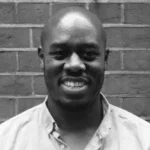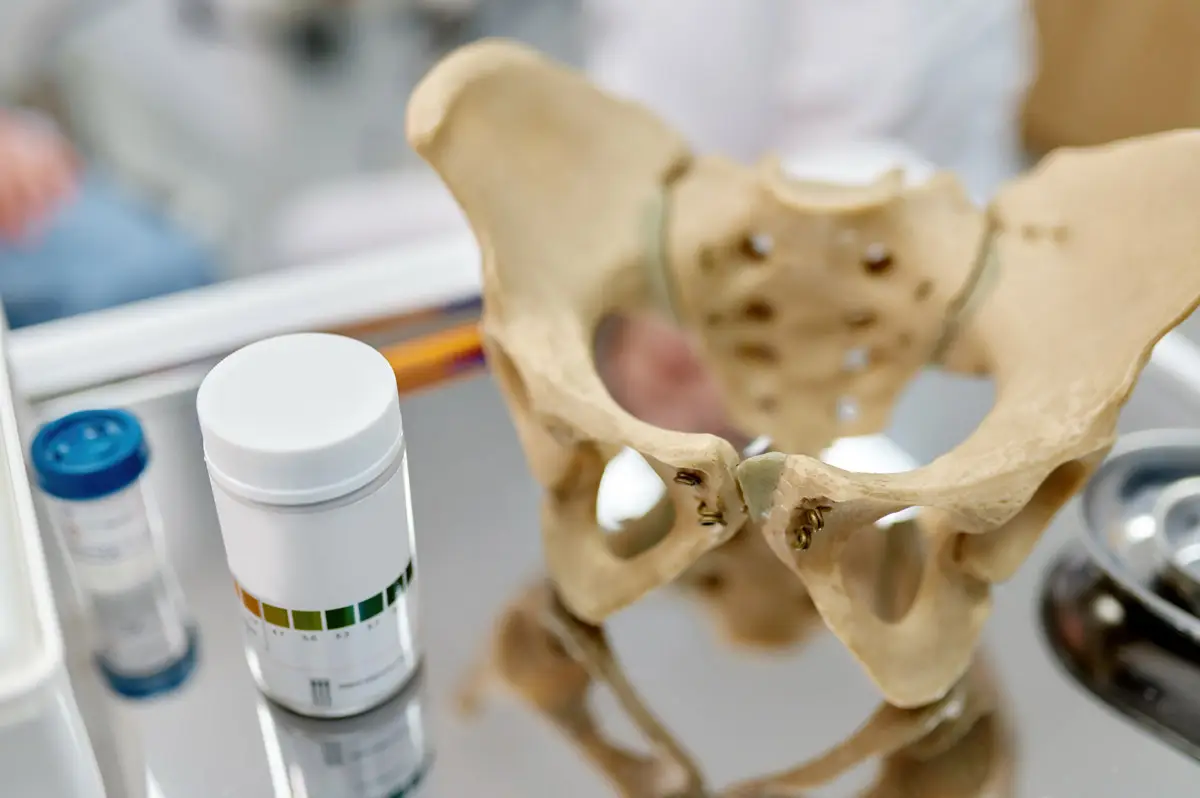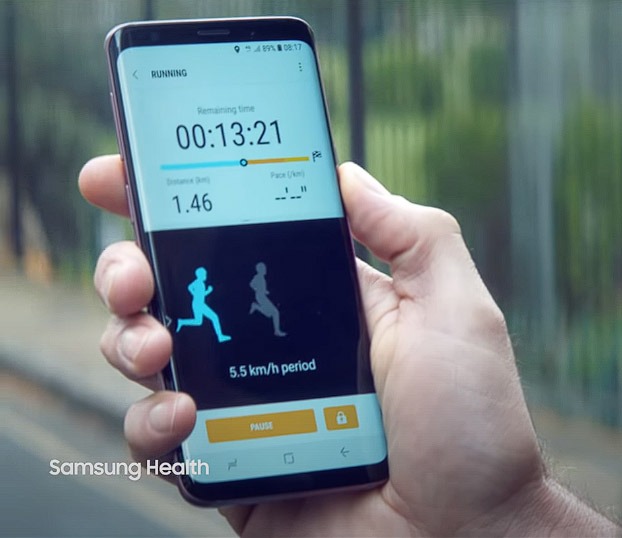Find Your Physio
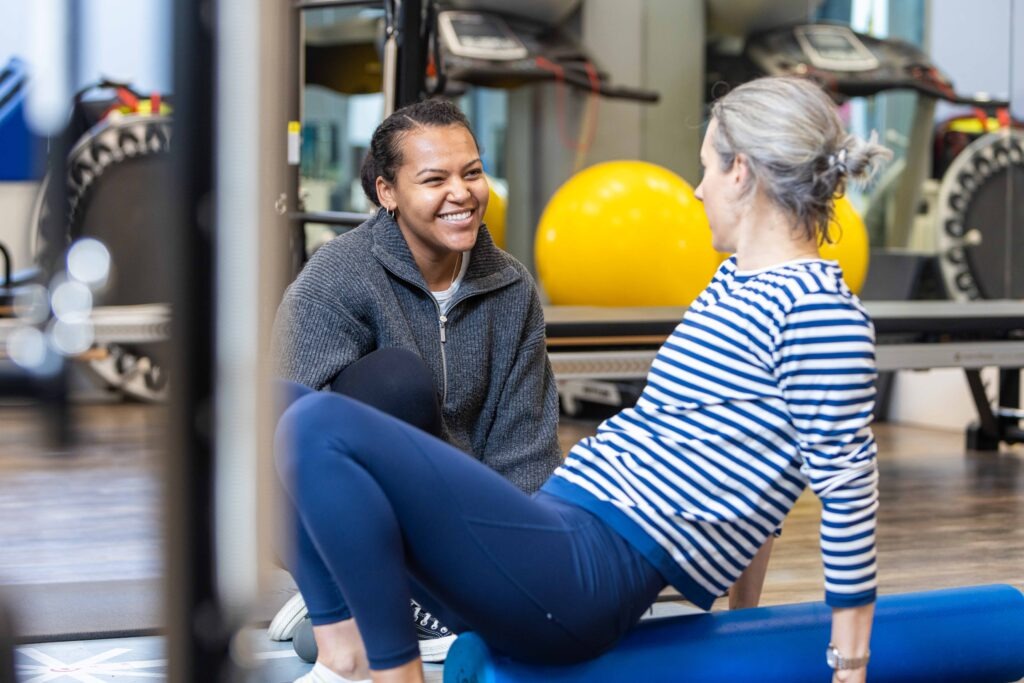
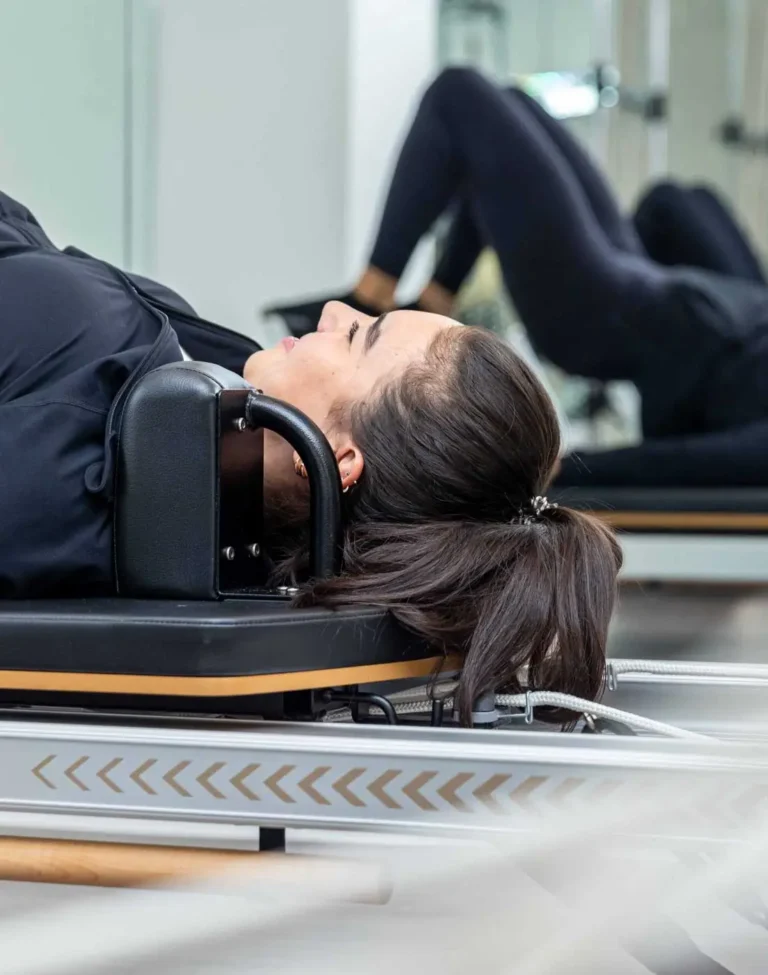
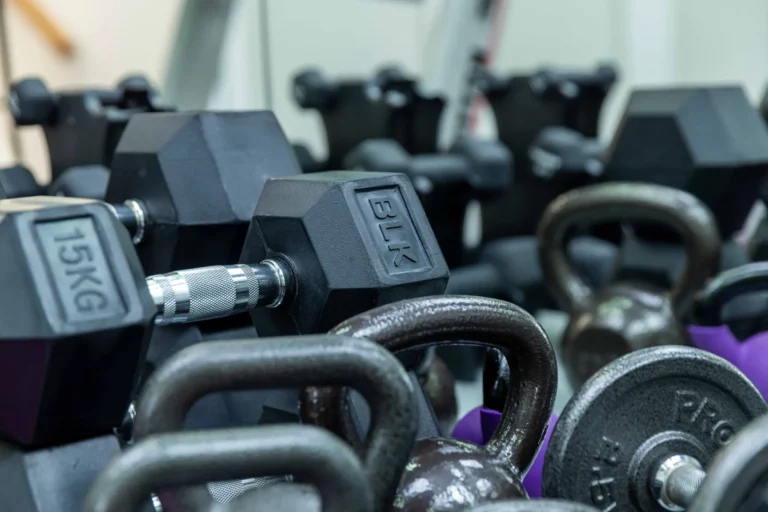
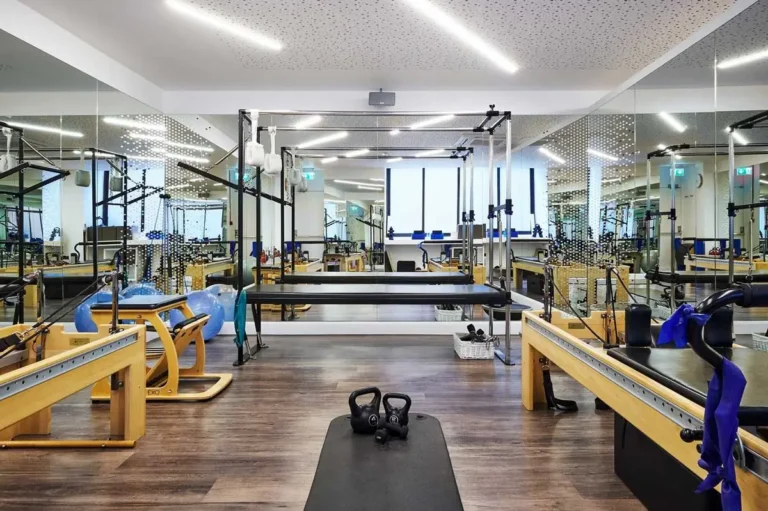
About Us
Don't Treat, Cure
Physiotherapy in London and The South since 1996
The C Word: Cure
It’s funny how one word has sparked so much debate amongst our colleagues over the years. But for our patients, it’s simple: they want to be cured. That’s exactly what we aim for, every single time. And if that’s anatomically and physiologically impossible, we’ll go above and beyond to get you as close as humanly possible.
This commitment has been our guiding principle in London for nearly 30 years, and in Lindfield for over a decade. Now, as we continue to expand beyond the city, we’re excited to welcome the team and patients of Dorset into the Six Physio family. Rest assured, whether you’re in the heart of London or the beautiful countryside, you can count on the same dedication and expertise.
Being good at what we do is ingrained in our DNA – it’s our North Star. The 9,500+ testimonials from our wonderful patients, more than any other Physio clinic in the UK, reflect that trust.
We’ll always focus on finding and treating the root cause of your problem, not just giving you a quick fix. Rehabilitation is the key, helping you return to full function and understand your symptoms long after your time with us.
So, whether you’re already part of the family or just joining us in Dorset, keep the faith and continue the trust. We’re here to help, with the same passion and drive to cure that’s always defined us.
What we offer
Our Services
Physiotherapy
The launch pad for getting your real, physical health back on track. Restore function, relieve pain and re-educate movement.
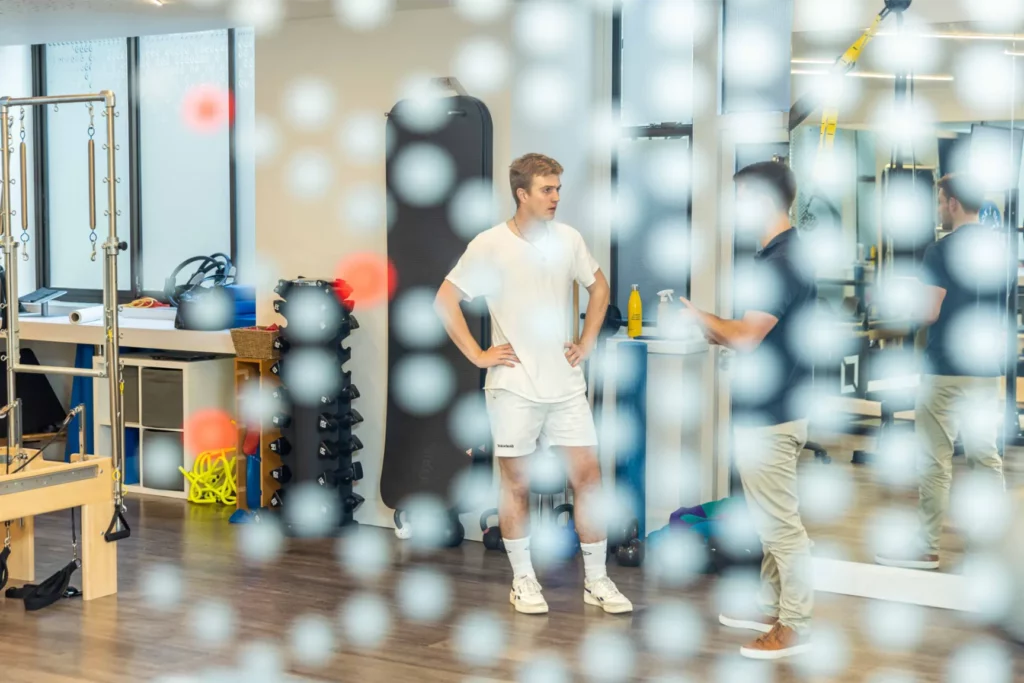
Pilates
So much more than just lying on a mat. This is full, kit based and Physio taught. 1:1 and small classes of 3. Control, stability, endurance and strength.
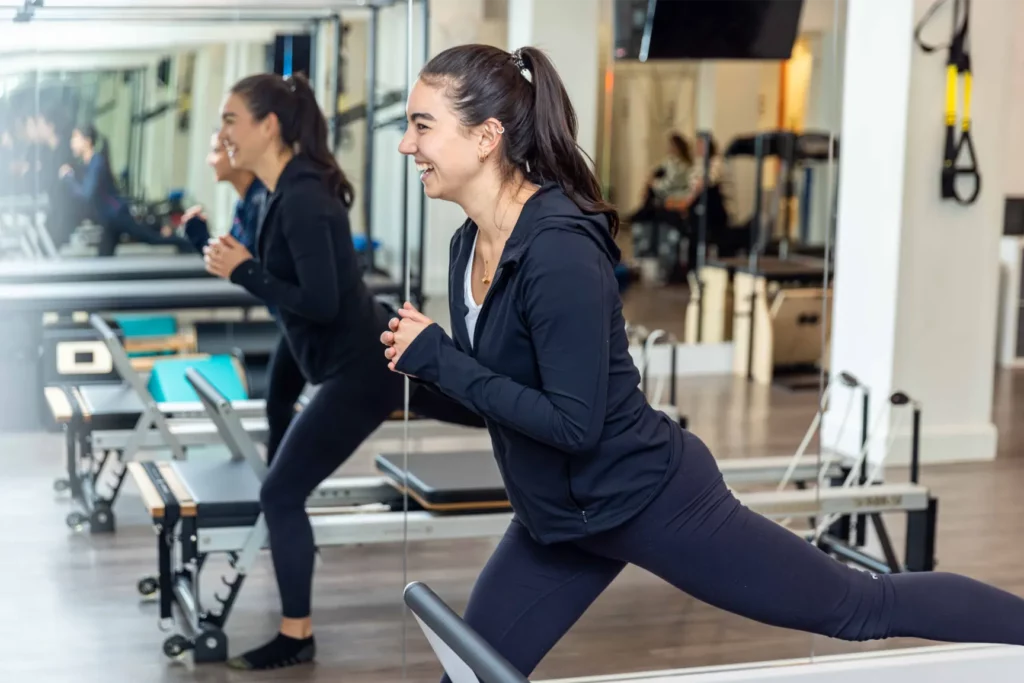
Pelvic Health
Pelvic floor muscles are an important group of muscles that provide cradle like support for the pelvic organs, as well as giving you control when you urinate. Keeping these muscles strong is essential for both men and women: a great way to learn more is by having pelvic floor physiotherapy sessions.
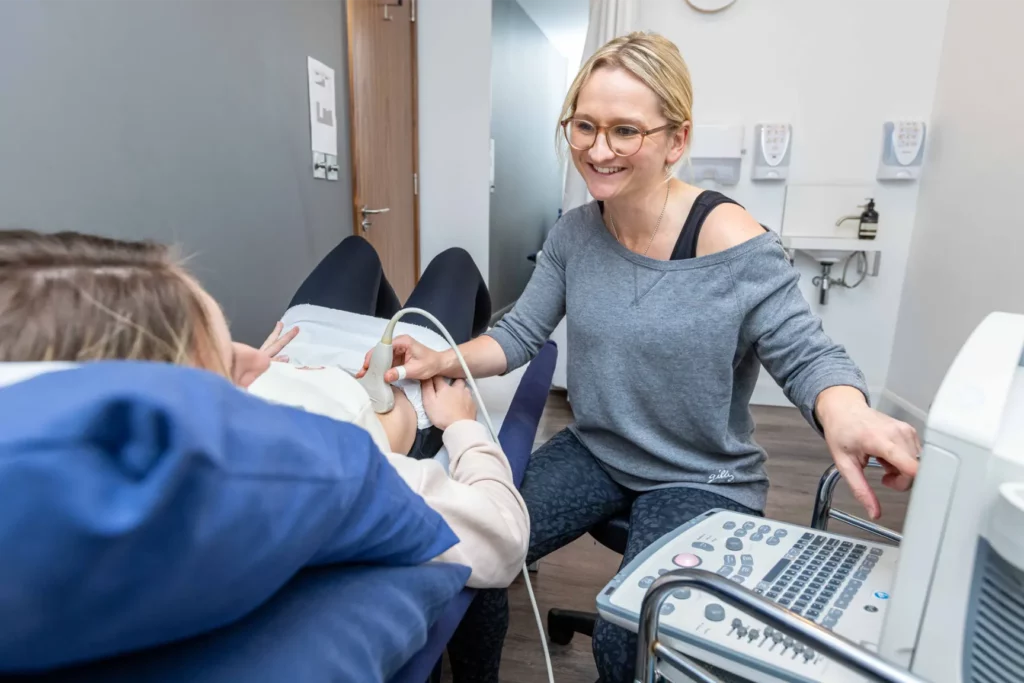
Hand Clinic
When your hand is injured the chances are you are limited in everything you want to do. Hands are special, we take them totally for granted as power tools, communication aids, work or hobby equipment and expect them to be there whenever we need them
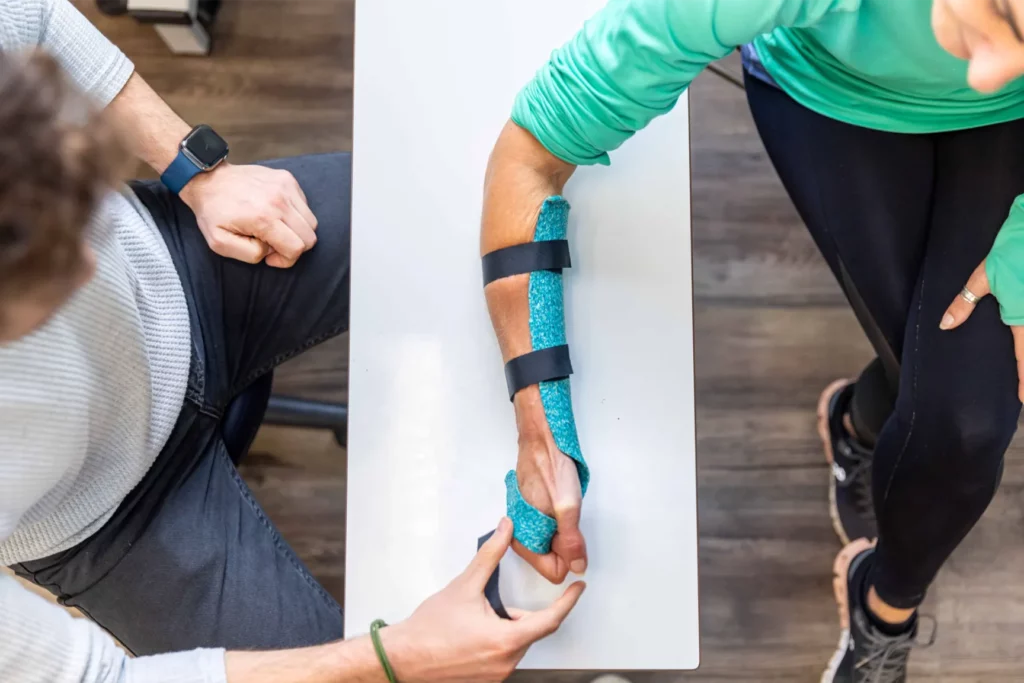
Home Physio
Physiotherapy in the convenience of your own home, place of work or we can visit you in your Care Home.
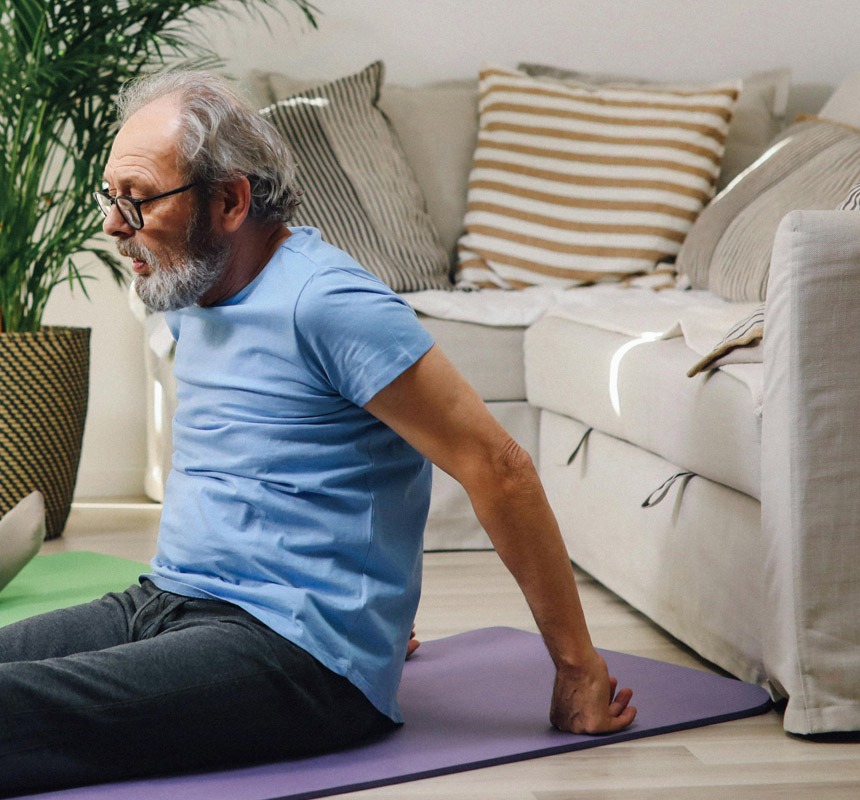
Massage
A tight muscle, a niggle or you just need pure and simple relaxation, sports/remedial massages are for all.
Pregnancy massages will relieve muscular tension as your baby grows.
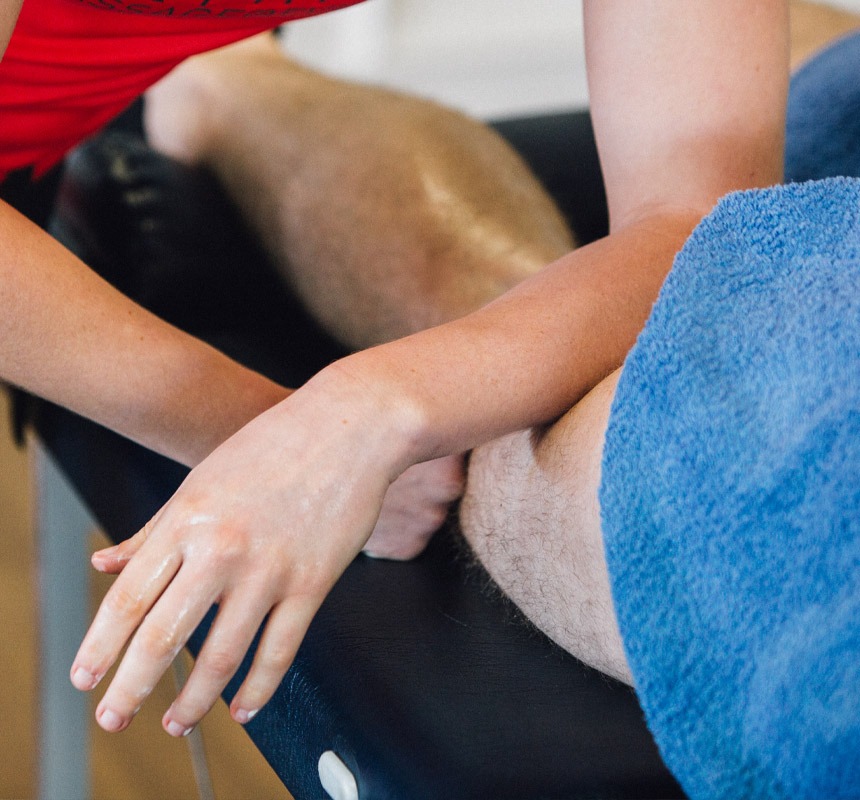
Team
Meet The Team
You won’t see our in-house osteopath or chiropractor or nutritionist or podiatrist, because there is a good chance you just need really good physio and rehab.
Clinic Director, MSK Sonographer, Running Specialist, Sports Massage Therapist, Sports Therapist
Consultant Performance Physio, Consultant Physiotherapist, Group Director, Pilates Physio
Clinic Director, Men's Health Physio, Pilates Physio, Rehab Physio, Women's Health Physio
Performance Physio, Pilates Physio, Rehab Physio, TMJ Specialist, Vestibular Physiotherapist
Clinic Director, Consultant Physiotherapist, Men's Health Physio, Pilates Physio, Women's Health Physio

























































